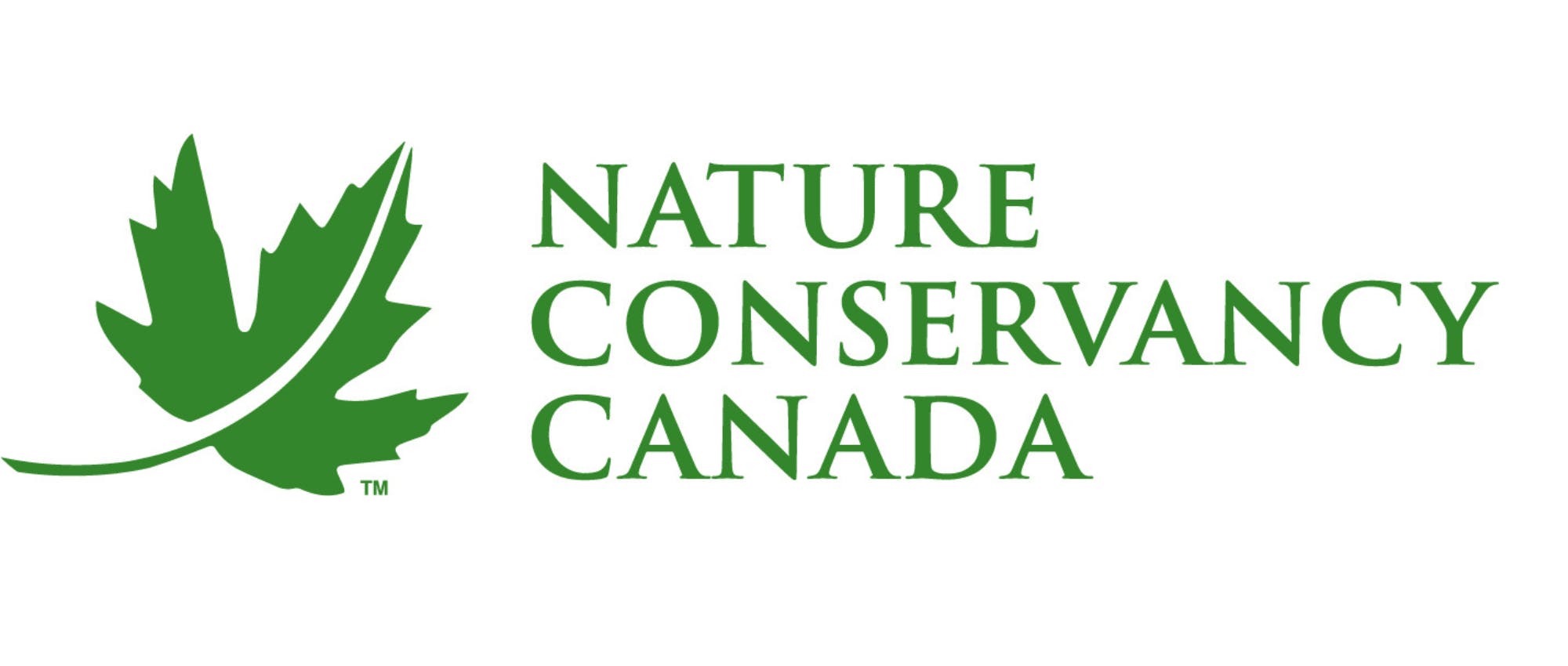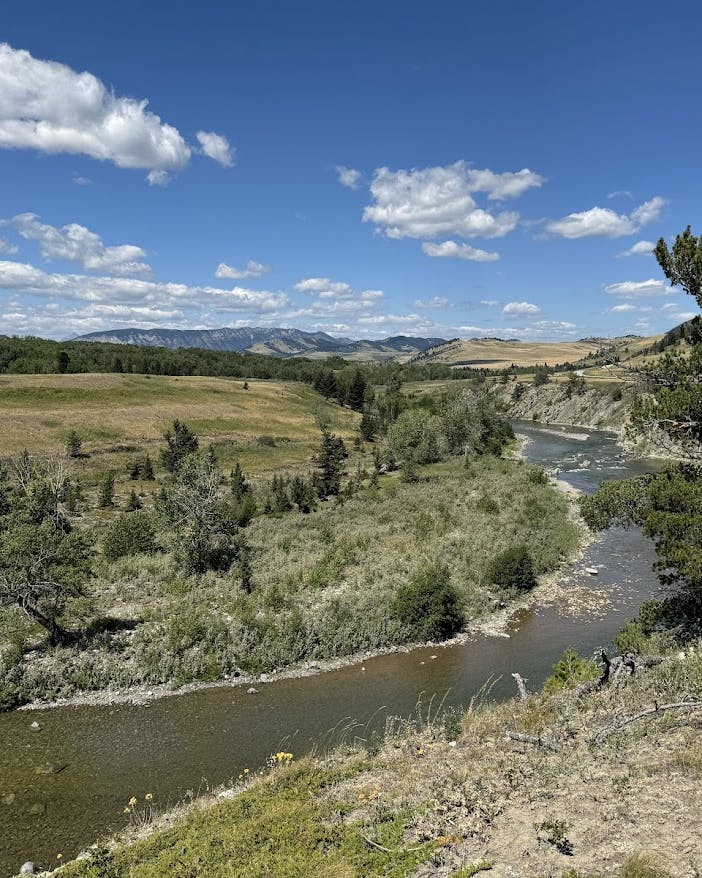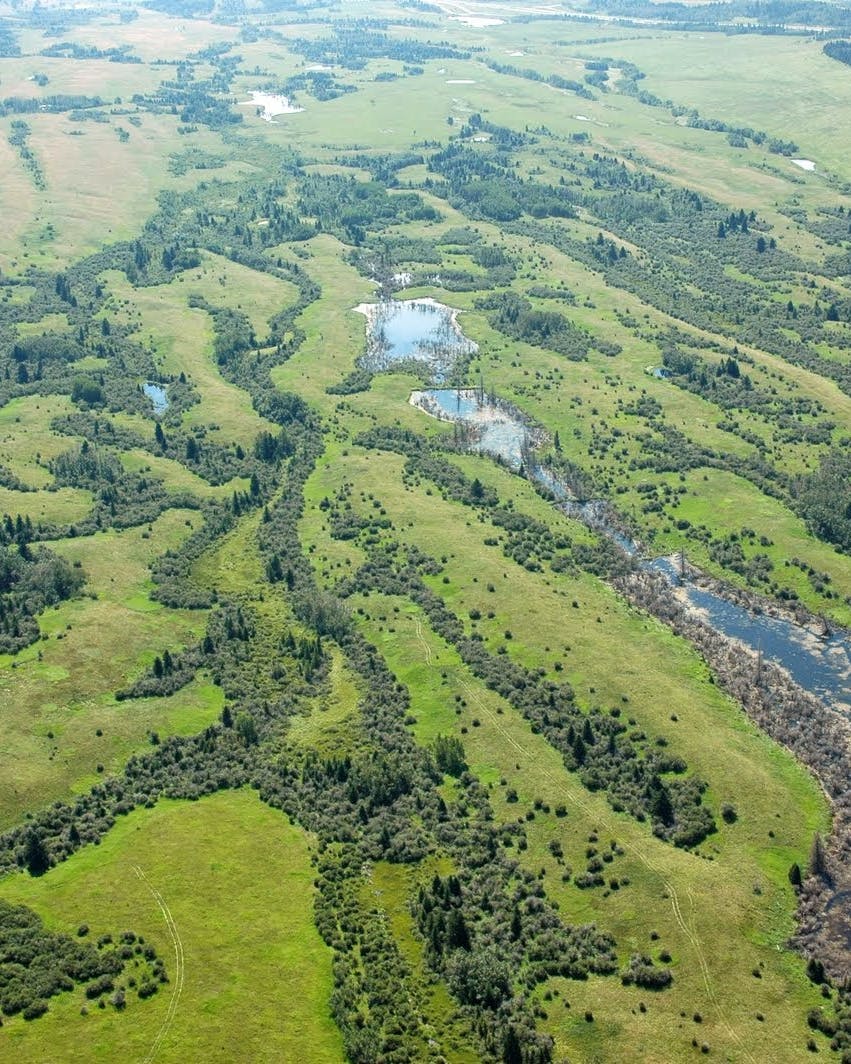Capacity-building for Alberta's Indigenous-led conservation future
Province wide
Other

Through this project, the Nature Conservancy of Canada (NCC) offered technical, financial and logistical support to secure Indigenous Protected Conservation Areas (IPCAs) in Alberta. The Métis Nation of Alberta (MNA) has developed a land securement and stewardship strategy in consultation with their Citizens and explored opportunities. NCC shared data and logistical capacity in support of MNA’s conservation plans, accelerating the rate of conservation. NCC was eager to support the formation of IPCAs and other Indigenous-led conservation projects. To meet this challenge NCC undertook the necessary fundamental changes to their operations to ensure projects and activities were aligned with reconciliation and built out their capacity to do this work.
NCC is dedicated to fostering Reconciliation with Indigenous Nations and communities, supporting Indigenous-led conservation initiatives and integrating traditional knowledge into its conservation practices. Their journey of fostering reconnection with the land we hold has opened doors to engaging individuals who share a mutual interest in the landscape. Led by the guidance of NCC’s Indigenous conservation program manager, its staff and management are gaining insights as they move forward on this inspiring and important path while being committed to ethically working in this space.
In Alberta, NCC has been able to offer technical, financial and logistical support, as requested, to assist the Métis Nation of Alberta (MNA) and Métis Crossing as they develop a land securement and stewardship strategy. The MNA was able to source a suitable parcel of land, though not one ultimately identified by NCC. NCC remains eager to support the formation of IPCAs and other Indigenous-led conservation projects and is continuing to aid the MNA as needed while they continue this journey. This process is taking the necessary time it needs to move forward, and NCC is committed to continuing its partnership along the road to a fully-realized IPCA.
Additionally, NCC was able to use support from this grant to further its work with communities across Treaty 7 on a variety of initiatives, which were led by and introduced through its initial conversations with representatives of the nations. These included the Crowsnest Spring Cave site, our internal Cultural & Ancestral Guidelines, NCC staff cultural awareness training and other on-the-land partnership and learning opportunities which are deepening relationships with Indigenous peoples and understanding of one another.
The most important takeaway is the importance of supporting more open-ended, foundational spaces for work like this to happen. It truly was transformational knowing they had funding to support this level of engagement and not feeling tied to specific deliverables when interest and conversations from the Nations would take another direction. It was very powerful.
The next steps for the organization involve recognizing that this work also requires time from everyone at the organization, across teams and business units. We need to ensure it is integrated effectively and respectfully with existing workloads across the regional team and truly make space for this work.
Related projects
Explore a showcase of projects that we've funded.



